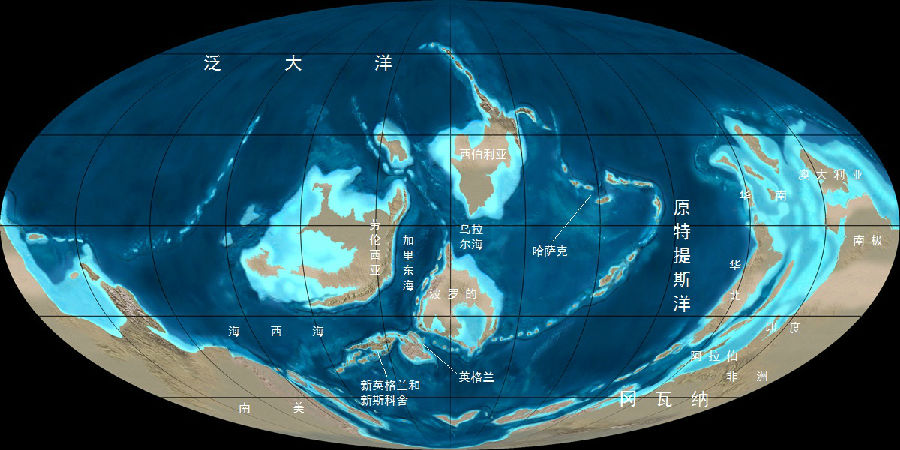Earth is alone among the rocky planets in having tectonics, and why this should be is a bit of a mystery. It is not simply a matter of size or density—Venus is nearly a twin of Earth in these respects and yet has no tectonic activity. It is thought—though it is really nothing more than a thought一that tectonics is an important part of the planet's organic well-being. As the physicist and writer James Trefil has put it, "It would be hard to believe that the continuous movement of tectonic plates has no effect on the development of life on earth." He suggests that the challenges induced by tectonics—changes in climate, for instance—were an important spur to the development of intelligence. Others believe the driftings of the continents may have produced at least some of the Earth's various extinction events.

In November of 2002, Tony Dickson of Cambridge University in England produced a report, published in the journal Science, strongly suggesting that there may well be a relationship between the history of rocks and the history of life. What Dickson established was that the chemical composition of the world's oceans has altered abruptly and vigorously throughout the past half billion years and that these changes often correlate with important events in biological history—the huge outburst of tiny organisms that created the chalk cliffs of England's south coast, the sudden fashion for shells among marine organisms during the Cambrian period, and so on.












